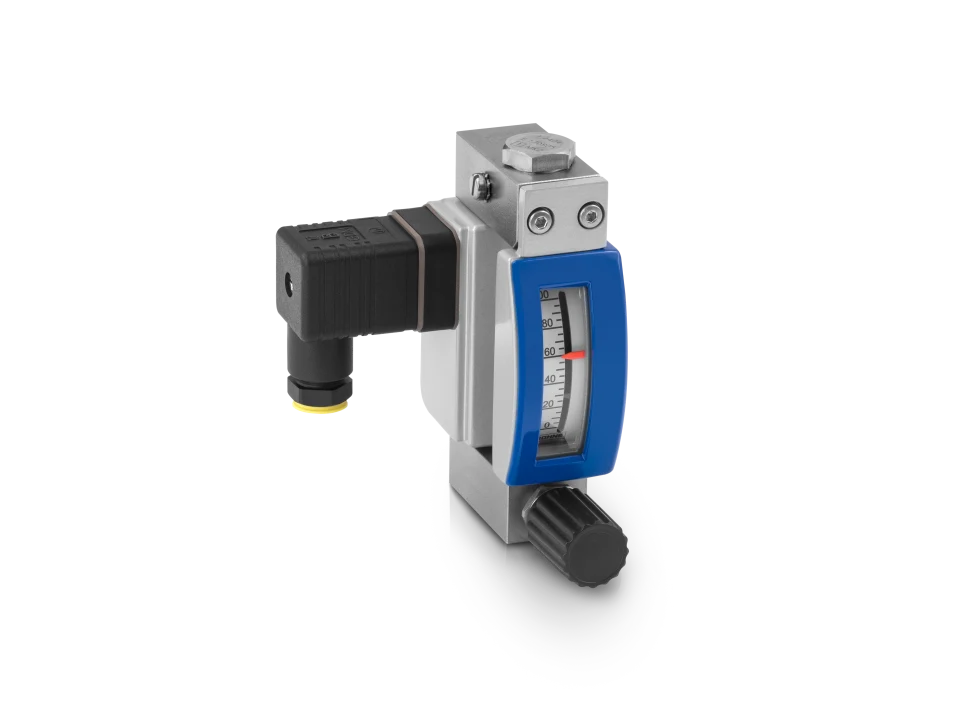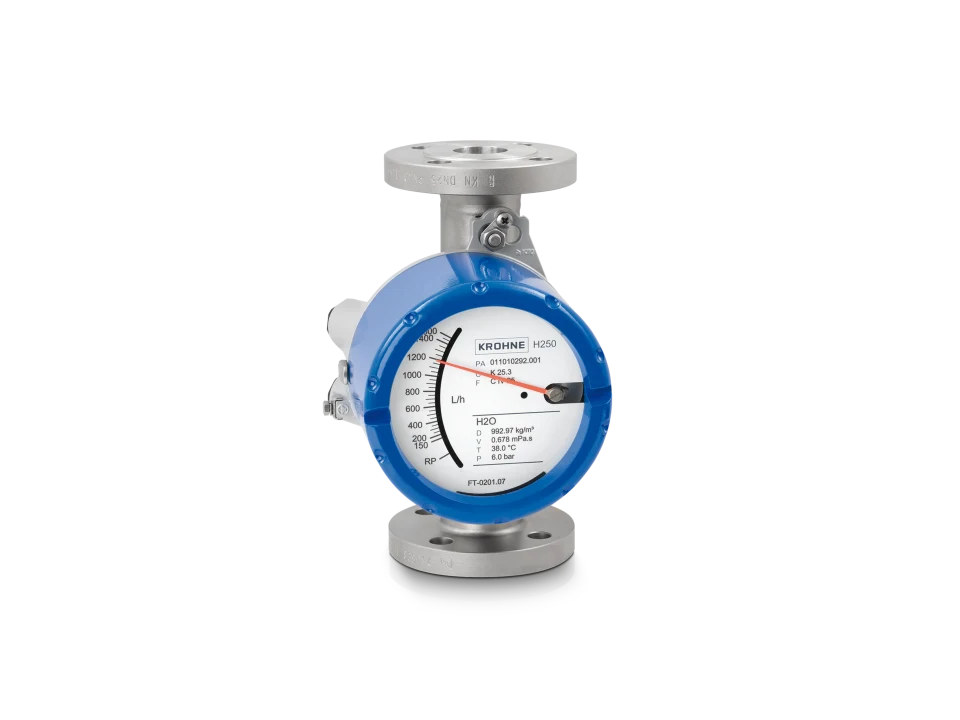If you need a large number of different models, you can contact me at any time. I will communicate with you as soon as possible to solve your problem.
Get Your Free Quote Today
Are you worried about the quality and price of the product? Trust me and give each other a chance to get more information and quotation!What is a flowmeter?
Flowmeter is a kind of instrument that can measure the volume or quality of a fluid (liquid, gas or steam) through a certain section of a pipeline or open channel in a unit time, and can accurately measure and control the flow of fluid, providing key data support for industrial production, scientific research, energy management and other fields.
Types of Flowmeter
There are numerous types of flow meters, each suited for specific applications based on the nature of the fluid, flow conditions, and accuracy requirements. Some of the most common types include:
- Electromagnetic Flowmeter: Electromagnetic flowmeter is a kind of instrument for measuring the flow of conductive fluid according to the electromotive force induced by the applied magnetic field by applying the principle of electromagnetic induction, these devices use Faraday’s Law of Electromagnetic Induction to measure the flow of conductive fluids. They are ideal for applications involving water, slurries, or corrosive liquids.
- Vortex Flowmeter: Vortex flowmeter is based on Karman (Karman) vortex principle research and production, mainly used for industrial pipeline fluid flow measurement, such as gas, liquid, vapor and other media. It is characterized by small pressure loss, large range, high accuracy, and is almost not affected by fluid density, pressure, temperature, viscosity and other parameters when measuring volume flow under working conditions.
- Coriolis Mass flowmeter: Coriolis mass flowmeter is a device that directly measures mass flow by using the Coriolis force principle that is proportional to mass flow when fluid flows in a vibrating pipe. It is composed of flow detection elements and converters. Coriolis mass flowmeter realizes the direct measurement of mass flow, with high precision, can measure multiple media and multiple process parameters, widely used in petrochemical, pharmaceutical, food and other industries.
- Rotameter: Rotameter is based on the throttling principle to measure fluid flow, but it is to change the flow area of the fluid to keep the differential pressure above and below the rotor constant, so it is also called variable flow area constant differential pressure flowmeter, also known as float flowmeter.
- Mechanical Flow Switch: Flow switches are mainly installed online or plug-in in water, gas, oil and other media pipelines to monitor the size of water flow in the water system. When the water flow is higher or lower than a certain set point, the output alarm signal is triggered and transmitted to the unit, and the system can make the corresponding indicating action after obtaining the signal. Avoid or reduce “dry burn” of the main engine.
- Glass tube rotameter:Glass tube rotor flowmeter is mainly developed for chemical, petroleum, light industry, medicine, fertilizer, chemical fiber, food, dyes, environmental protection and scientific research and other departments, used to measure the flow of single-phase non-pulsating (liquid or gas) fluid.
- Guided Wave Radar Level Gauge: Guided wave radar level gauge, a liquid level measuring instrument in the chemical industry. Guided wave radar level meter is a radar level meter based on the time domain reflectometry (TDR) principle. The electromagnetic pulse of radar level meter propagates along the steel cable or probe rod at the speed of light. When it meets the surface of the measured medium, part of the pulse of radar level meter is reflected to form an echo and returns to the pulse launching device along the same path. The distance between the transmitter and the measured medium surface is proportional to the propagation time of the pulse during which the liquid level height is calculated.
Conclusion
Flow meters are indispensable tools for measuring and controlling fluid flow in various industries. With advancements in technology, modern flow meters offer higher accuracy, reliability, and versatility, making them suitable for even the most demanding applications. Choosing the right flow meter depends on factors such as the type of fluid, flow conditions, and specific requirements of the application. By understanding the different types and working principles of flow meters, users can make informed decisions to optimize their processes and achieve operational excellence.
- E-mail : sote88@sotechina.com
- Whatsapp : +86 181 0420 4844
- Tel : +86 181 0420 4844
- Websites : www.krohnes.net

